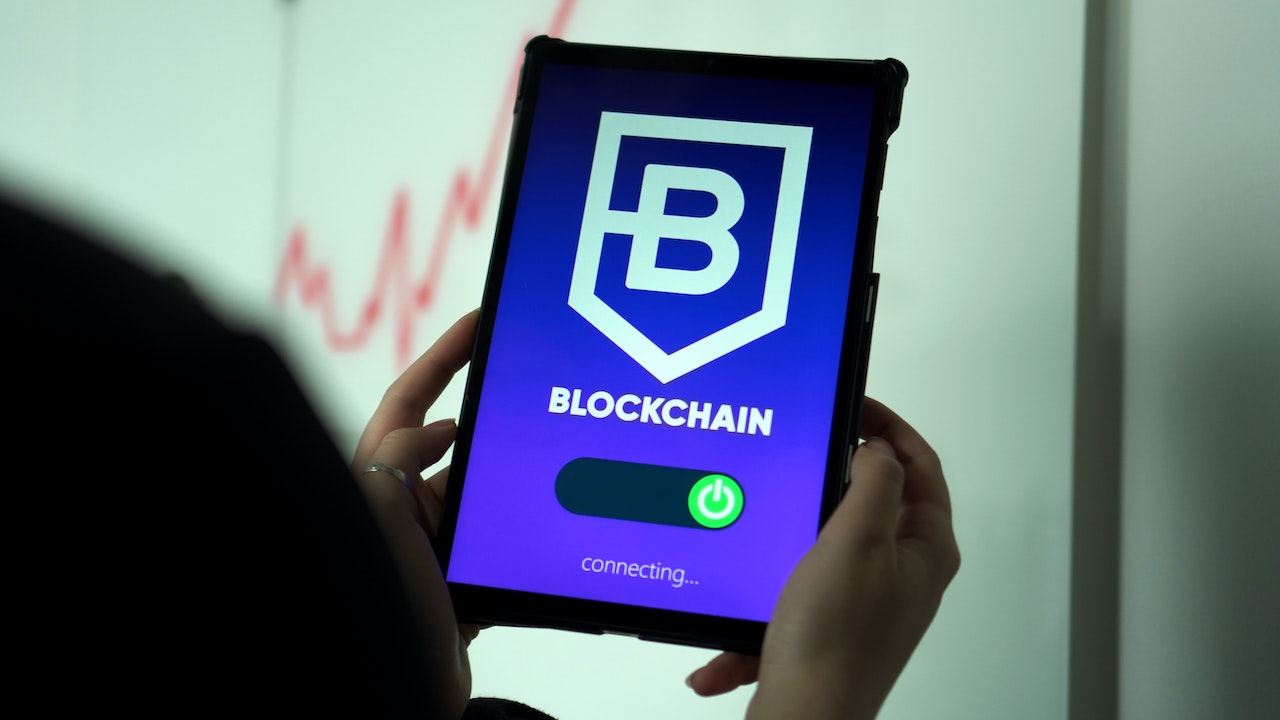Decentralized applications (DApps) are becoming more popular in the technology space because of their functionality, reliability, and security. Smart contracts power DApps, and they run on a blockchain. They represent the next phase of applications and form a core component of Web 3.0.
Unlike traditional or centralized applications stored on a single server, DApps are maintained through a distributed network of nodes, which operate independently. DApp activities are recorded on public ledgers and are visible to everyone.
Here are six of the best blockchains to build a DApp.
1. Ethereum
Ethereum is one of the most established and leading decentralized blockchains. It is currently the number one blockchain for building DApps. Ethereum offers quick application scaling and smart contracts support. Ethereum provides DApp developers with dedicated software to build DApps, including its custom programming language called Solidity and the Ethereum Virtual Machine (EVM). These software tools provide the building blocks for systematic and well-structured DApp development.
Blockchain developers on Ethereum can create different types of DApps, such as various types of digital currency, web applications that don’t have a single owner, and decentralized autonomous organizations (DAOs).
Currently, thousands of decentralized applications are available on Ethereum. Some of the most popular ones include Uniswap, a decentralized cryptocurrency exchange; OpenSea, a marketplace for non-fungible tokens (NFTs); and Axie Infinity, a virtual gaming universe.
Ethereum also has a budding community of developers who always share ideas and contribute to the creation of decentralized applications. Developers in the Ethereum ecosystem contribute to building DApps related to cryptocurrency wallets, games, finance, and much more.
2. Solana
Solana is a next-generation high-performance public blockchain. An exciting feature of the blockchain is that it is written in C++ and Rust. This makes the learning curve for developers much shorter, as they don’t have to learn a new programming language to begin building decentralized applications on the blockchain immediately.
Solana offers a secure and highly scalable infrastructure necessary for decentralized applications. It leverages innovative computational systems that can support thousands of nodes, allowing for transaction speeds to scale proportionally with network bandwidth.
Speed is key for decentralized applications, and Solana claims to support up to 50,000 transactions per second (TPS), making it one of the fastest blockchains for decentralized applications.
Raydium, a top-rated decentralized exchange, and Magic Eden, a leading marketplace for NFTs, are examples of the best DApps built on Solana.
3. EOS
EOS is one of the most efficient blockchains for decentralized applications. It is regarded as a direct competitor to Ethereum, as it supports certain features unavailable on Ethereum. It gives developers an all-in-one platform for application hosting, smart contract execution, and enterprise solutions.
The EOS platform uses WebAssembly to compile smart contracts and supports the major programming languages for building DApps, including Solidity, Python, and Rust. Key benefits of building on EOS include: Low transaction fees, an efficient bug recovery system, innovative smart contract deployment, and various plug-ins to integrate data from its blockchain with other systems.
EOS also offers blockchain developers custom templates which significantly reduce the time required to build DApps. This makes it a highly attractive blockchain for developers to build decentralized applications.
4. Tron
Tron is a decentralized public blockchain regarded as the blockchain for entertainment DApps. Tron has carved a niche for itself as it was specifically created as a foundation for decentralized entertainment applications.
Tron supports JavaScript, Python, C++, and Scala programming languages. Tron also offers efficient scalability, cost-effectiveness, and a high level of security to end users. It uses the delegated proof of stake consensus algorithm for enhanced blockchain security. Currently, it is one of the fastest-growing public blockchains.
It is one of the best blockchains for content creators, artists, and entertainers. Tron provides digital content-sharing capability with in-built security features that limit intellectual property theft. Tron also has its own native cryptocurrency and blockchain explorer.
5. BNB Chain
BNB Chain is a public blockchain launched by Binance in 2019. It offers high operability, fast on-chain transactions, and smart contract support. BNB Chain is also compatible with the Ethereum Virtual Machine (EVM), which means it can run decentralized applications built on Ethereum. This makes the transfer of smart contracts from EVM to BNB Chain quite easy.
BNB Chain’s dual architecture enables the evolution of DApps on a unified blockchain. Binance actively promotes DApp development on BNB Chain through a developer fund that supports the creation of innovative decentralized applications to solve problems across several industries.
One of the most popular DApps on BNB Chain is PancakeSwap. It is an automated market maker (AMM) that allows quick token swaps. PancakeSwap claims to be the decentralized platform with the most users ever and $3.7 Billion worth of funds staked on the platform.
6. Polygon
Polygon is a scalability network focused on bridging the gap between Ethereum-compatible blockchain networks. Polygon aggregates scalable solutions across blockchains to create a multichain ecosystem. One of its key strengths is scalability, making it another preferred choice for DApp development.
Polygon utilizes the proof of stake algorithm along with layer-2 scaling solutions. The network takes advantage of Ethereum’s technology with enhanced capabilities. This enables Polygon to offer low transaction costs, higher throughput, and increased development support.
Polygon is popular among blockchain developers due to its unique offerings for DApp development. Developers can use Polygon’s custom software development kits (SDKs) to build highly specialized decentralized applications. Polygon currently has over 300+ active DApps, and its ecosystem of developers building DApps on its blockchain continues to grow.








Leave a Reply